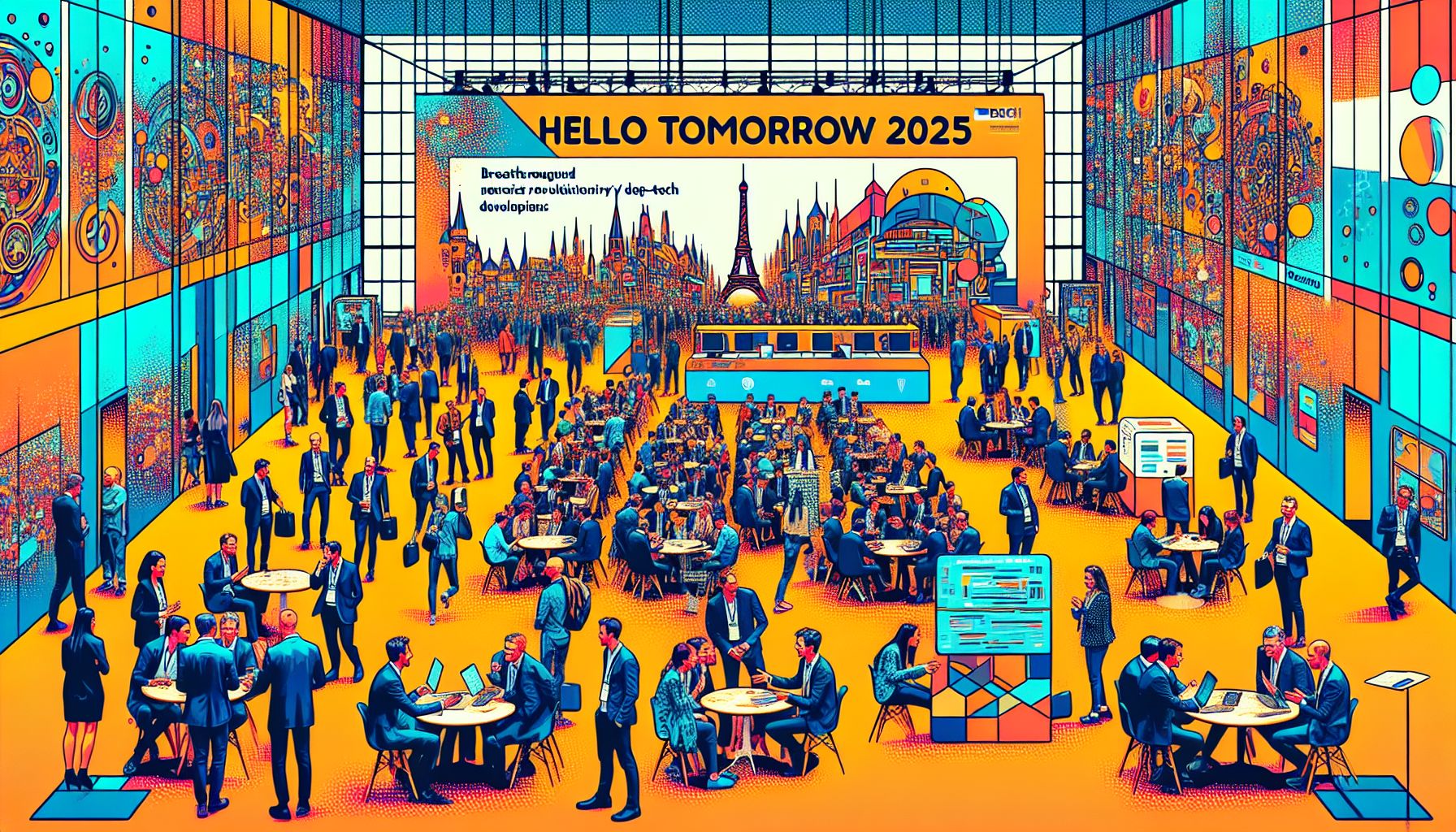Dutch Innovation Shines at Hello Tomorrow 2025 in Paris

Paris, Thursday, 27 March 2025.
The Hello Tomorrow 2025 conference in Paris spotlighted the Netherlands’ deeptech prowess, with over 175 founders and investors showcasing breakthroughs, fostering international collaboration, and innovation.
Strong Dutch Representation and Collaboration
The Dutch delegation demonstrated remarkable cohesion through partnerships between key organizations including 4TU.Startups, TNO, RVO, and Invest-NL [1]. The event, which took place two weeks ago in Paris, featured intensive networking sessions, venture pitches, and thought-provoking roundtables that highlighted the Netherlands’ collaborative approach to deep technology innovation [1].
Strategic Focus on Compute Technologies
The Netherlands is strategically positioning itself in crucial deeptech sectors, particularly in compute innovations encompassing quantum, semiconductor, and photonics technologies [2]. This focus comes at a critical time, as recent data shows European deeptech investment reached €15 billion in 2024, demonstrating more resilience than traditional tech sectors with only a 28% decline from 2021 peaks, compared to a 60% drop in conventional tech funding [3].
Innovative Companies in the Spotlight
Several Dutch companies showcased their innovations at the summit, including Eddytec, which demonstrated their groundbreaking carbon fiber composites detection technology through their EddySwift® and EddyPen® products [4]. These presentations exemplified the practical applications of Dutch deeptech innovations in addressing real-world industrial challenges.
Future Prospects and Amsterdam 2026
In a significant development for the Dutch deeptech ecosystem, the Hello Tomorrow Summit will move to Amsterdam in 2026 [1], marking the first time the event will be held outside of Paris. This transition represents a strong vote of confidence in the Netherlands’ growing influence in the global deeptech landscape [1]. The move comes as the Dutch scale-up ratio has improved to 21.5%, though still trailing the European average of 23% [5], indicating room for continued growth and development in the ecosystem.

